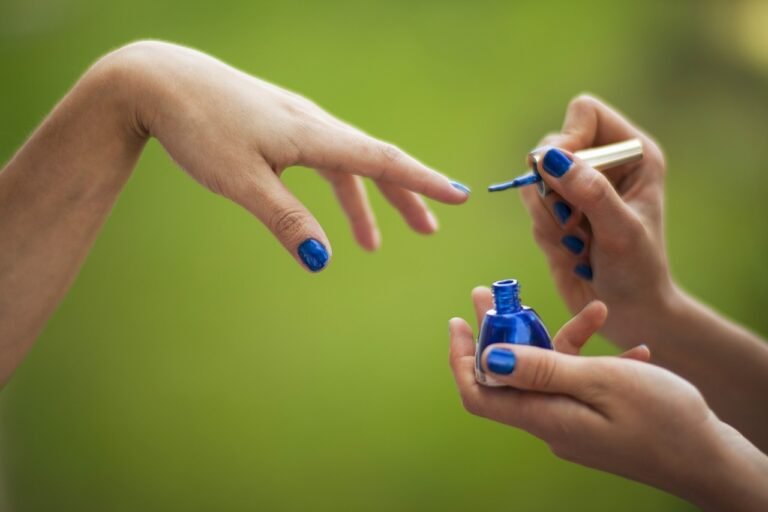Vitamin C serum has become a staple in modern skincare routines due to its powerful antioxidant properties, ability to brighten the skin, and effectiveness in reducing the appearance of fine lines and wrinkles. Despite its popularity, many users make common mistakes that can diminish its effectiveness. This article will highlight five crucial mistakes to avoid to ensure you get the most out of your vitamin C serum.
Mistake 1: Using the Wrong Concentration
Understanding Vitamin C Concentration Levels
Vitamin C serums come in various concentrations, typically ranging from 5% to 20%. The concentration you choose can significantly impact your results.
Effects of Using Too High Concentration
Using a concentration that is too high for your skin can lead to irritation, redness, and dryness. This is particularly important for those with sensitive skin.
Effects of Using Too Low Concentration
On the other hand, using a concentration that is too low may not provide the desired benefits, such as brightening and antioxidant protection.
How to Choose the Right Concentration for Your Skin Type
- Sensitive Skin: Start with a lower concentration (5-10%) and gradually increase as your skin builds tolerance.
- Normal Skin: A moderate concentration (10-15%) is usually effective without causing irritation.
- Oily or Combination Skin: Higher concentrations (15-20%) can be beneficial but should be introduced gradually.
Mistake 2: Improper Storage
Importance of Proper Storage for Vitamin C Serum
Vitamin C is a highly unstable ingredient that can degrade quickly when exposed to light, air, and heat. Proper storage is essential to maintain its efficacy.
How to Store Vitamin C Serum Correctly
- Keep It in a Cool, Dark Place: Store your serum in a refrigerator or a cool, dark cabinet.
- Use an Air-Tight Container: Ensure the serum is in an air-tight, opaque container to protect it from oxidation.
Signs Your Vitamin C Serum Has Gone Bad
- Color Change: If the serum turns yellow or brown, it has likely oxidized.
- Texture and Smell: A change in texture or a rancid smell are also indicators that the serum is no longer effective.
Tips for Extending the Shelf Life of Vitamin C Serum
- Purchase Smaller Bottles: This helps to use the product up before it degrades.
- Avoid Direct Sunlight: Always store the serum away from direct sunlight to prevent oxidation.
Mistake 3: Applying at the Wrong Time
Best Time of Day to Apply Vitamin C Serum
Vitamin C serum is most effective when applied in the morning. This timing maximizes its protective benefits against UV damage and free radicals.
Why Nighttime Application Can Be Less Effective
While nighttime application isn’t harmful, it misses out on the serum’s ability to protect the skin from daily environmental stressors.
Importance of Daytime Application and Sunscreen
Vitamin C enhances the effectiveness of your sunscreen by providing an extra layer of protection against UV rays and pollution.
How to Incorporate Vitamin C Serum into Your Morning Routine
- Cleanse Your Skin: Start with a gentle cleanser to remove impurities.
- Apply Vitamin C Serum: Follow with your vitamin C serum before any other treatments.
- Moisturize and Protect: Finish with a moisturizer and a broad-spectrum sunscreen with at least SPF 30.
Mistake 4: Combining with Incompatible Products
Products to Avoid Mixing with Vitamin C Serum
- Retinol: Can cause excessive irritation and reduce the efficacy of both ingredients.
- Benzoyl Peroxide: Can oxidize vitamin C, making it less effective.
Safe Products to Use with Vitamin C Serum
- Hyaluronic Acid: Helps to hydrate and plump the skin.
- Niacinamide: Can enhance the benefits of vitamin C without irritation.
Understanding the pH Balance and Its Importance
Vitamin C serums work best at a pH level of around 3.5. Using products with drastically different pH levels can interfere with its absorption and effectiveness.
How to Layer Skincare Products Correctly
- Cleanse: Start with a clean face.
- Tone: Use a pH balancing toner if necessary.
- Serum: Apply vitamin C serum.
- Moisturize: Follow with a hydrating moisturizer.
- Protect: Finish with sunscreen during the day.
Mistake 5: Not Being Consistent
Importance of Consistent Use for Results
Consistency is key when it comes to seeing results from vitamin C serum. Irregular use can lead to uneven benefits and reduced effectiveness.
How Often Should You Use Vitamin C Serum?
Most dermatologists recommend daily use for optimal results. Depending on your skin type, you can start with every other day and gradually increase to daily use.
Tracking Progress and Adjusting Your Routine
- Skin Journal: Keep track of any changes in your skin’s appearance and how it reacts to the serum.
- Adjust Frequency: If irritation occurs, reduce the frequency of use and slowly build up tolerance.
Dealing with Initial Skin Reactions
Some users may experience tingling or mild redness when first using vitamin C serum. This is normal and should subside as your skin adjusts. If severe irritation occurs, discontinue use and consult a dermatologist.
Conclusion
In conclusion, vitamin C serum can be a game-changer in your skincare routine if used correctly. Avoiding common mistakes such as using the wrong concentration, improper storage, applying at the wrong time, combining with incompatible products, and inconsistent use will help you achieve the best results. By following these guidelines, you can enjoy brighter, healthier, and more youthful-looking skin. Implement these tips, and your skin will thank you for it.





